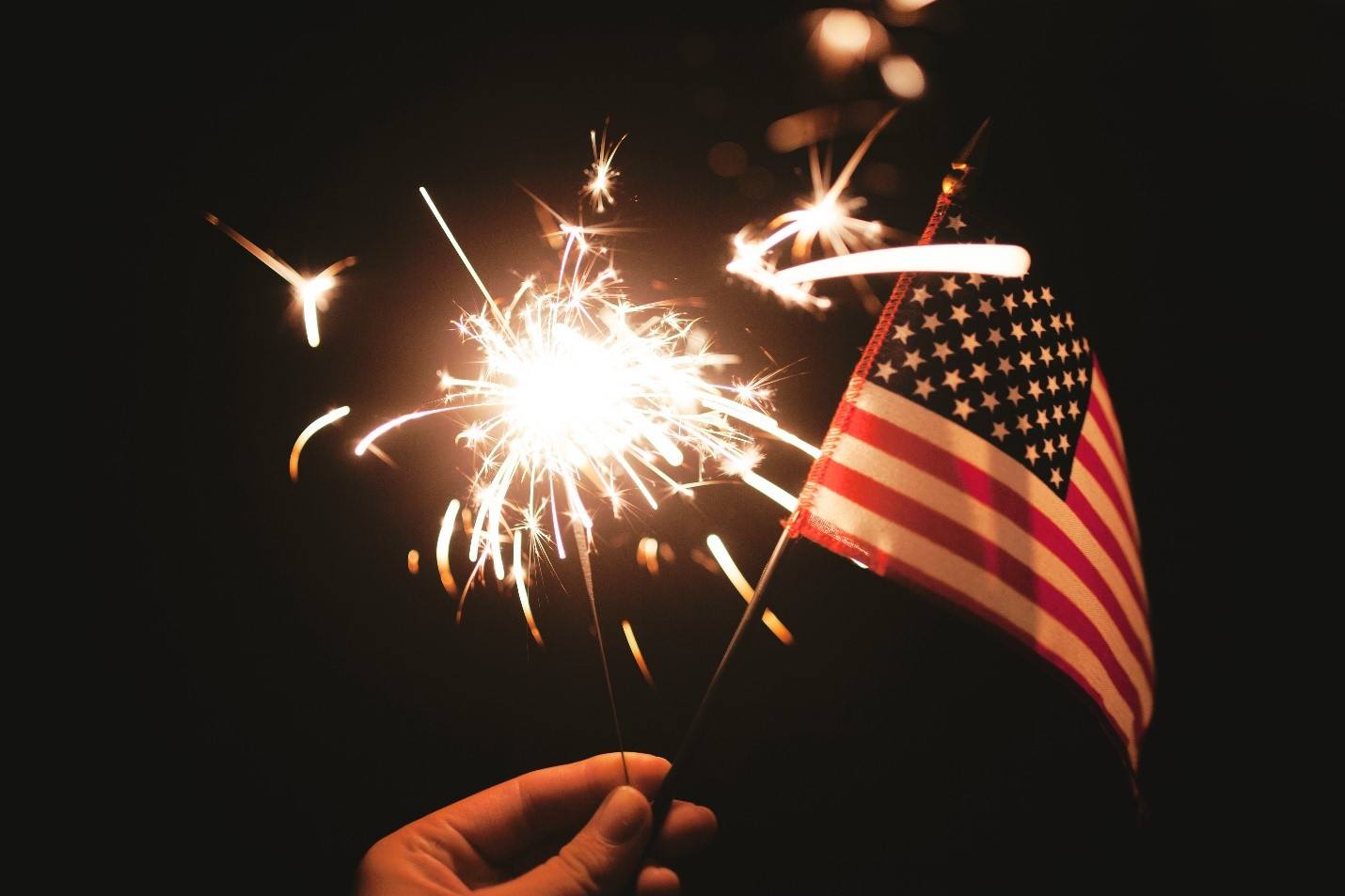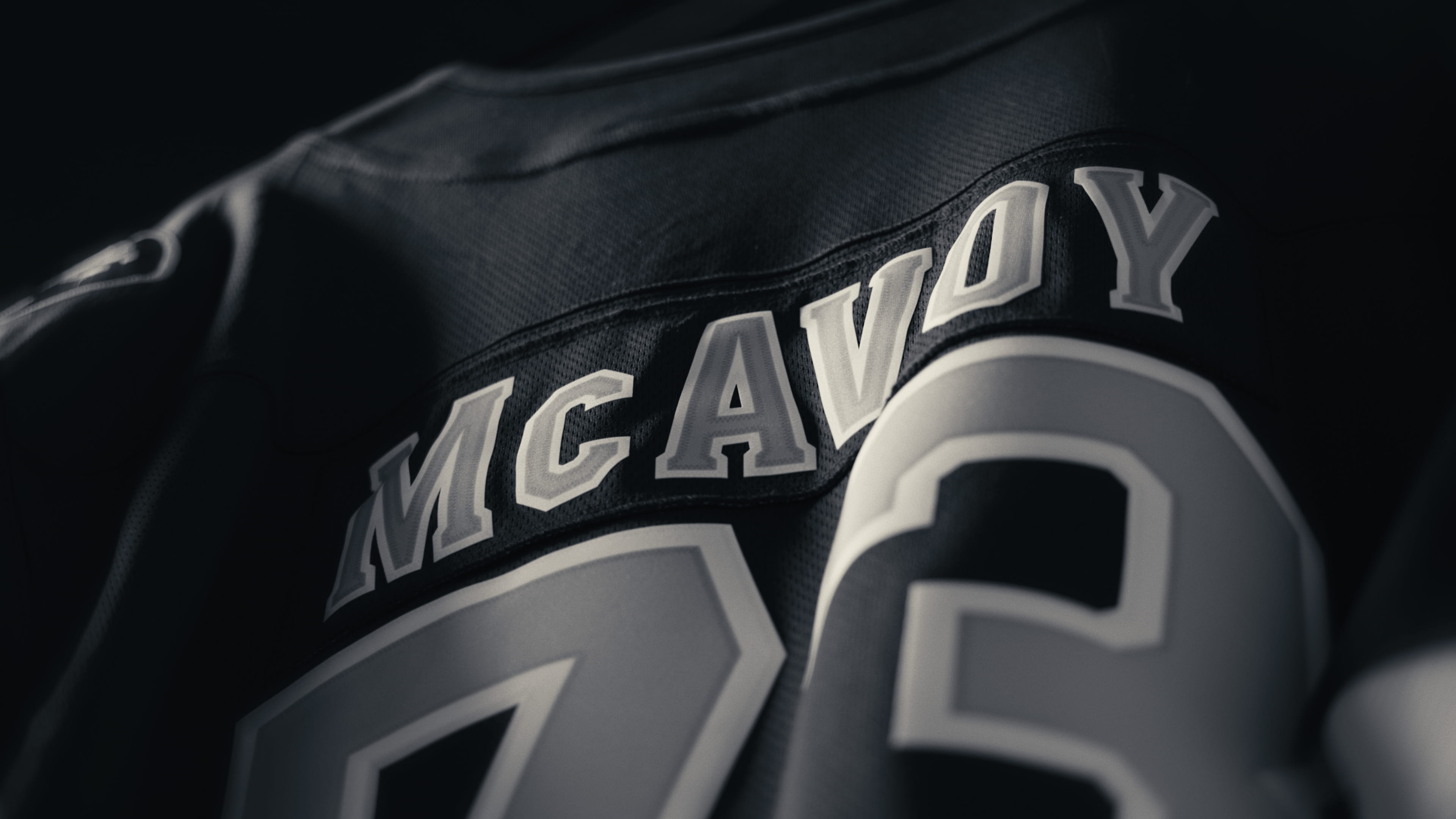Why Fireworks Etiquette Is So Important

Warm weather is finally upon us, which brings along with it beach days, camping, BBQ’s – and the kickoff to fireworks season!
With the Fourth of July just around the corner, many of us are getting excited for Independence Day and the celebrations that come with it. While for some, fireworks bring joy and excitement, for others, they can be a cause of stress and anxiety. Veterans suffering from post-traumatic stress disorder (PTSD) can easily by triggered by the sporadic booms and bangs that go along with fireworks, as they may remind them of gunfire or explosions experienced on the battlefield.
This is by no means an intention to propagate any falsities that every veteran has PTSD, but rather one more reason we should simply be courteous of our neighbors. Here are some basic measures we can take to lessen the potential impact fireworks and firecrackers can cause, while still having some Independence Day fun.
- Be respectful: Staying within the July 3-5 window for fireworks can help keep the element of surprise to a minimum. Fireworks are inevitable but knowing roughly when to expect them can help veterans with PTSD prepare themselves for what’s to come. It’s also important to be aware of what time you are setting off your fireworks. It’s probably safe to say that combat veterans are not the only ones who may be bothered, on some level, by all hours of the night fireworks. A good rule of thumb is to cap at-home fireworks to two hours past dusk.
- Be courteous: Let your neighbors know you plan to set off fireworks so that they are prepared. Knock on their door, give them a call and do whatever it takes to ensure they know in advance what time you plan to start setting them off. The unexpected boom and crack of your seemingly harmful flick of a lighter can be quite startling and in some cases, reminiscent of enemy fire.
- Be informed: According to PTSD United, an estimated 7.7 million Americans adults have PTSD at any given time. Seventy percent of adults in the U.S. have experienced some type of traumatic event at least once in their lives (approximately 223.4 million people). According to the VA, up to 20% of Operation Enduring Freedom and Operation Iraqi Freedom veterans, up to 10% of Gulf War veterans, and up to 30% of Vietnam War veterans have experienced PTSD. With these statistics, it’s very possible that one of these people could be your neighbor.
There are plenty of ways to celebrate the Fourth of July safely and respectfully while also having fun. We wish all of you out there a happy Independence Day!




